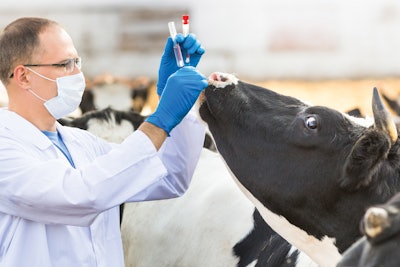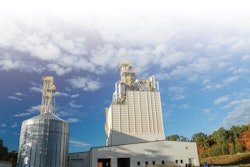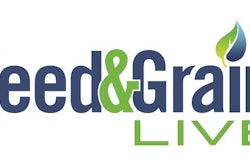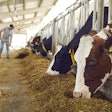
On Aug. 14, 2018, the Trump administration signed into law the Animal Drug and Animal Generic Drug User Fee Amendments of 2018 (H.R. 5554). This law was created in an attempt to hasten and improve the Food and Drug Administration’s (FDA) Center for Veterinary Medicine’s approvals process for new animal drugs and feed ingredients. The bill was sponsored by Markwayne Mullin (R-OK) and cosponsored by five other congressmen equally split between Democrats and Republicans in a bipartisan effort to reduce the regulatory burden on companies attempting to release a new animal drug or animal food ingredient to the industry.
H.R. 5554 allows the Center for Veterinary Medicine to continue to collect fees from drug sponsors to fund the approvals process. The Congressional Budget Office estimates that the FDA would assess about $257 million in fees over the 2019-2023 period, and along with its annual appropriations, help to ensure that new drugs make it to the market as quickly and safely as possible. The bill will also give the FDA the ability to grant conditional approval to drugs when additional time is needed to collect efficacy data, but the safety of the product has been proven. The American Veterinary Medical Association Immediate Past-President Dr. Michael Topper testified before the U.S. House of Representatives Committee on Energy and Commerce Subcommittee on Health supporting the bill and explaining the need for efficient approvals.
“By providing new animal drugs with a predictable pathway to market, these fees help provide veterinarians with access to new and additional tools that can potentially improve treatment outcomes, provide alternatives to existing therapies, fill unmet medical needs in veterinary medicine, and ultimately improve patient care, which is the center of veterinary practice,” Dr. Topper told members of the committee.
The legislation helps to streamline the approval process and provide guidance to companies on how data should be formatted and require a scientific rationale when requesting more data. This should help move drugs through the approval process and into the hands of users. The animal food industry has long lamented the pace at which the FDA was approving new drugs and ingredients. According to a study by the Institute for Feed Education and Research, the slow pace of approvals, before the passage of the new law, was costing the industry $1.75 million annually. According to their study, the approval costs per product averaged $600,000. In a press release after the bill made it through Congress but before the president signed, the American Feed Industry Association’s President and CEO Joel G. Newman supported the new law.
“For the past several years, AFIA has voiced its members’ concerns to the FDA over the antiquated system for approving new animal food ingredients to be used in feed and pet food,” said Newman. “While other countries have moved forward with safe ingredients that will enhance the safety, quality and nutrition of feed and pet food, our U.S. animal food ingredient manufacturers have been trapped in the lengthy and costly web at the FDA. We are encouraged that Congress has recognized the need for the U.S. animal food industry to have greater access to novel ingredients and drugs to improve animal health and wellbeing while reducing costs for ingredient manufacturers so they can continue investing in much-needed research and development, and urge the president to quickly sign this bill.”
The law will also remove a provision in the Food and Drug Administration Amendments Act of 2007 that duplicated an existing review process. According to the AFIA, this provision was initially intended for the pet food industry and had the FDA establish ingredient standards and definitions. The FDA attempted to expand this to all animal food even though Association of American Feed Control Officials already releases its annual “Official Publication” by which states abide by for the commercial sale of animal food products.
With this new law, that redundancy is removed and hundreds of safe ingredients will be allowed to stay on the market.
The industry came out in full support of the law and hope that it will lead to increased innovation in the animal drug and animal food ingredient sectors.
“We greatly appreciate the work done by the Senate Health, Education, Labor, and Pensions Committee, led by Chairman Alexander and Ranking Member Murray,” said Animal Health Institute President and CEO Alexander S. Mathews. “The strong bipartisan leadership on this critical legislation helps ensure that veterinarians, livestock and poultry producers, and pet owners have access to the drugs they need to keep their animals healthy.” ■
.jpg?auto=format%2Ccompress&crop=faces&fit=crop&h=48&q=70&w=48)

















